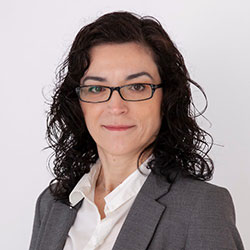Circular food systems: New technology, regulation and market
Circularity food systems require the participation of new technologies, regulation and market trends to address current challenges. Technology allows us to develop and improve sustainable processes to obtain new ingredients and foods from upcycling co-products. The regulation establishes standards at the level of waste and sustainability, but also of new foods and food safety that must be taken into account. Finally, the regulation establishes standards at the level of waste and sustainability, but also of new foods and food safety that must be taken into account. Focusing on food safety, AINIA introduces SEALI Hub, an innovative end-to-end service for food businesses focused on proactive management of emerging risks.
Hall 5 | The Alimentaria Hub – Innoval Room by CaixaBankCircularity food systems require the participation of new technologies, regulation and market trends to address current challenges. Technology allows us to develop and improve sustainable processes to obtain new ingredients and foods from upcycling co-products. The regulation establishes standards at the level of waste and sustainability, but also of new foods and food safety that must be taken into account. Finally, the regulation establishes standards at the level of waste and sustainability, but also of new foods and food safety that must be taken into account. Focusing on food safety, AINIA introduces SEALI Hub, an innovative end-to-end service for food businesses focused on proactive management of emerging risks.




